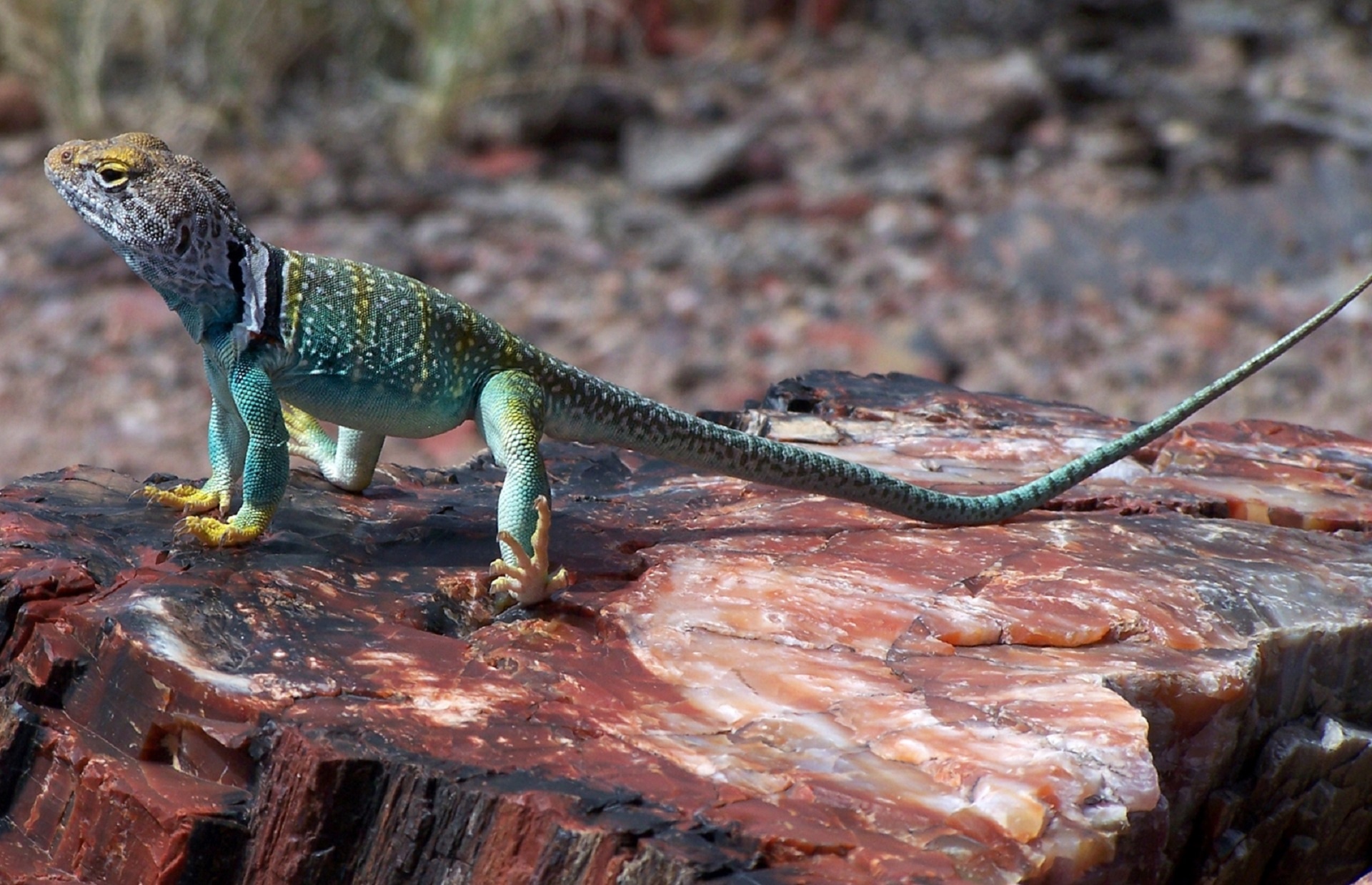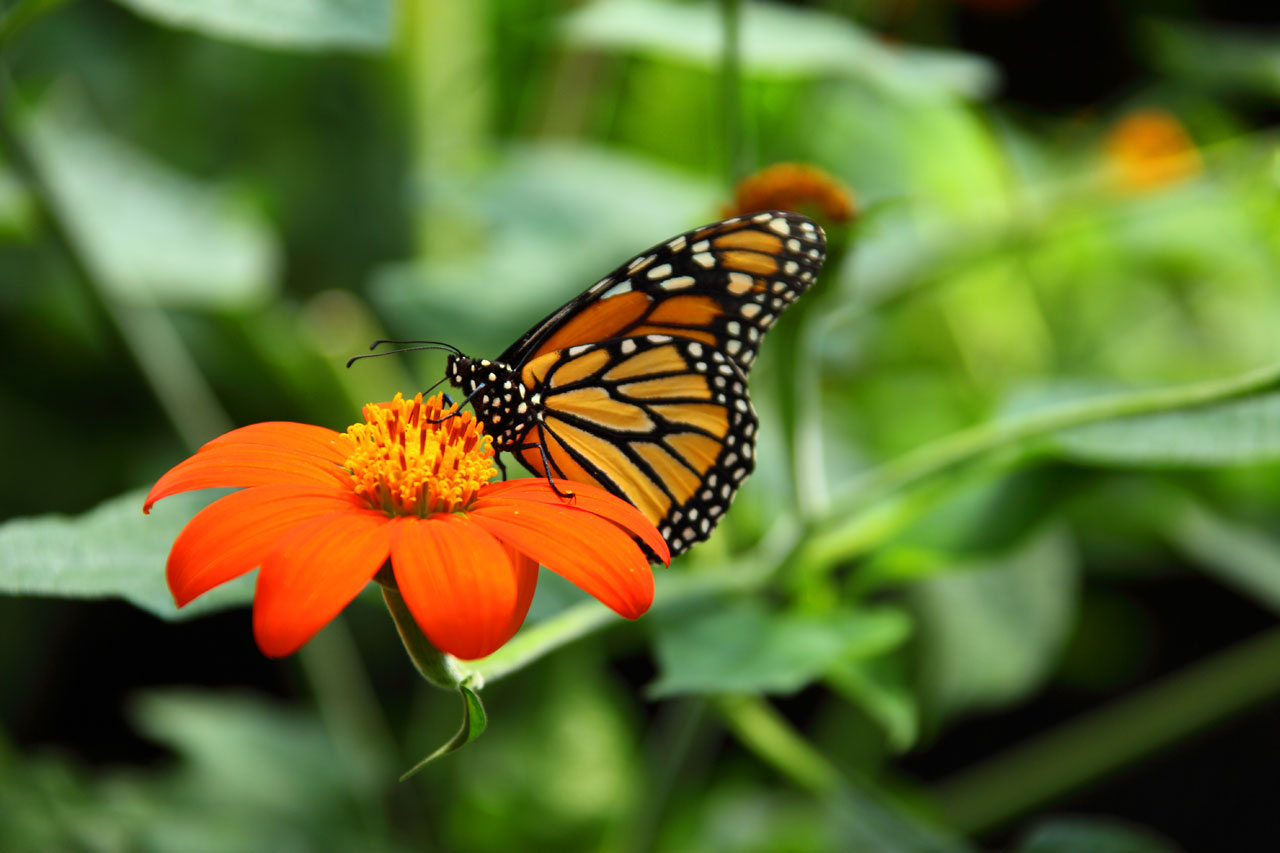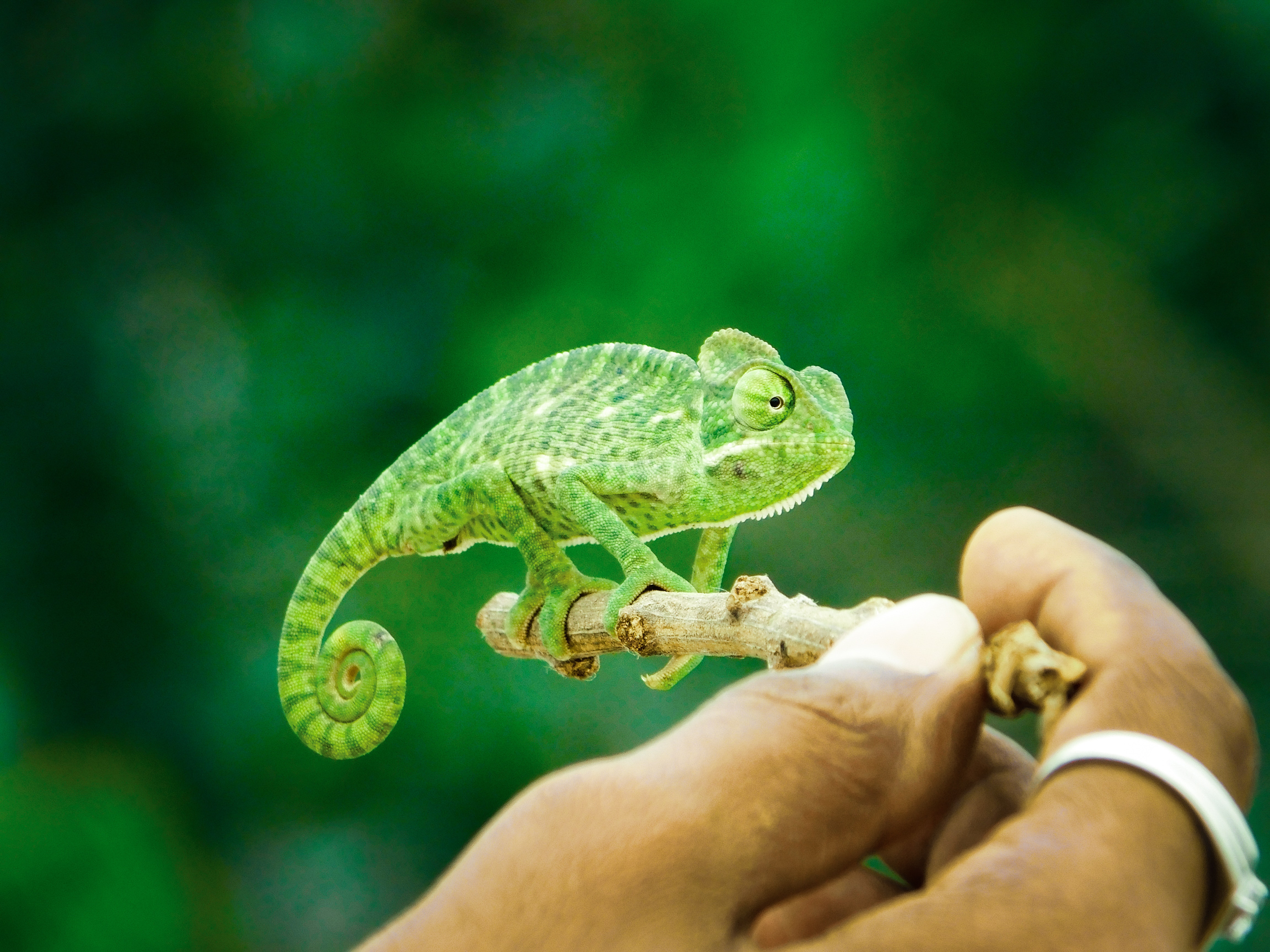
Collared Lizard Care: Tips for Keeping Your Lizard Happy and Healthy
Collared lizards are fascinating reptiles that make great pets. With their vibrant colors and active nature, they can be a joy to watch and care for. If you’re considering getting a collared lizard or already have one, it’s important to understand how to properly care for these amazing creatures. In this blog post, we will provide you with essential tips for collared lizard care, ensuring that your pet remains happy and healthy.
Habitat Setup
Creating a suitable habitat is crucial for the well-being of your collared lizard. Here are the key elements you need to consider:
-
Cage Size: Provide a spacious enclosure. A minimum of a 40-gallon tank is recommended for a single lizard, but larger is always better.
-
Substrate: Choose a safe substrate such as reptile carpet, paper towels, or non-adhesive shelf liner. Avoid using loose substrates that could be accidentally ingested.
-
Temperature and Lighting: Maintain a temperature gradient in the enclosure. Provide a basking spot with a temperature of around 100°F (38°C), along with cooler areas around 80°F (27°C). Install a full-spectrum UVB light to support your lizard’s vitamin D3 synthesis.
-
Hideouts and Climbing Accessories: Include rocks, branches, and plants to create an enriching environment for your collared lizard. These accessories will allow them to climb, hide, and feel secure within their enclosure.
Feeding and Hydration
Collared lizards are insectivores, meaning their diet primarily consists of insects. Follow these feeding guidelines to ensure proper nutrition:
-
Food Variety: Offer a varied diet including crickets, mealworms, waxworms, and occasionally pinky mice for adult lizards. Dust the insects with calcium and vitamin D3 supplements before feeding.
-
Feeding Frequency: Feed your lizard 3-4 times a week, providing only what they can eat in 10-15 minutes. Adjust the quantity according to their age and size.
-
Fresh Water: Keep a shallow water dish in the enclosure for drinking and soaking purposes. Change the water daily to maintain cleanliness.
Handling and Socialization
While collared lizards are not known for their docility, with proper handling and socialization, you can build trust with your pet. Here are some tips to ensure safe interaction:
-
Start Slow: Allow your lizard to get used to its new environment before attempting to handle them. Gradually introduce your hand into the enclosure to familiarize them with your scent.
-
Supportive Handling: Gently scoop up your lizard from underneath, supporting their body and limbs. Avoid grasping their tail as it may detach, leaving your pet stressed and vulnerable.
-
Short Sessions: Keep handling sessions brief initially, gradually increasing their length as your lizard becomes more comfortable.
Healthcare and Maintenance
To keep your collared lizard in optimal health, follow these essential healthcare tips:
-
Regular Veterinary Check-ups: Schedule regular visits to a reptile veterinarian for overall health evaluations and parasite screenings.
-
Maintain Cleanliness: Clean the enclosure regularly by removing feces, uneaten food, and any soiled substrate. Disinfect the enclosure periodically to prevent the buildup of harmful bacteria.
-
Monitor Behavior and Appearance: Keep an eye out for any changes in behavior, appetite, or consistency of droppings. Unusual behavior or physical signs may indicate underlying health issues.
By following these collared lizard care tips, you’ll be well on your way to providing a happy and healthy life for your scaly friend. Remember, patience and consistency are key when it comes to building a bond with your lizard. With the right care and attention, your collared lizard will thrive and bring you joy for years to come!
Keep Reading

A Comprehensive Guide to Butterfly Agama Care: Tips for Lizard Enthusiasts
Are you fascinated by lizards and considering adding a unique reptile to your collection? Look no further than the stunning Butterfly Agama!

Care For a Chameleon: The Ultimate Guide to Lizard Care
Chameleons are fascinating creatures known for their unique ability to change color. However, they also require special care to thrive in a captive environment.